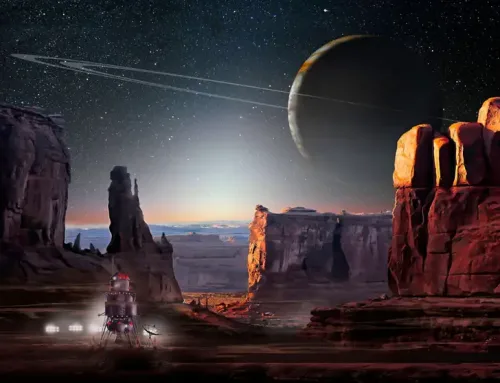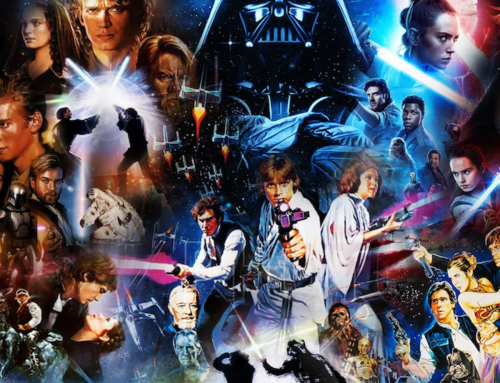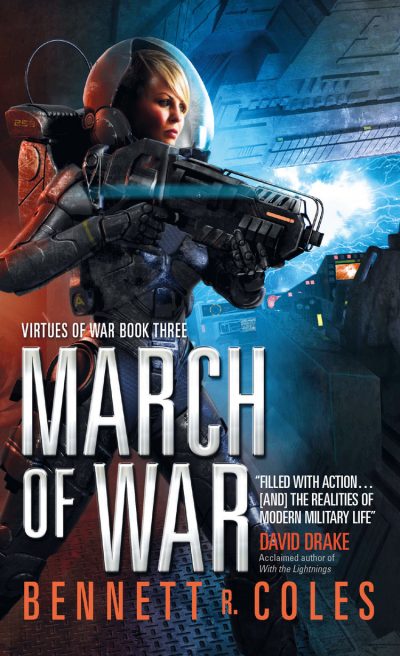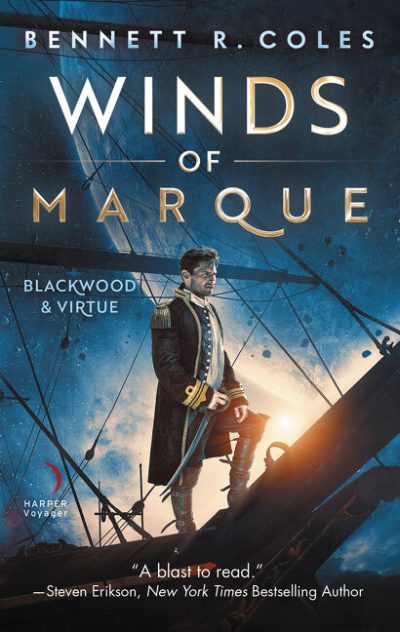Remembering Neil Armstrong – an Old-fashioned Kind of Hero
(Originally published at Life as a Human in 2012. Republished here in honour of the 50th anniversary of the first moon landing.)
When I heard that Neil Armstrong had died, I was struck with a small sadness. Not because of any dependency my life (or quality of life) might have had on him, nor because of any active role he currently played on the world stage. I was sad in a small way simply because I now will never get the chance, no matter how remote it might ever have been, to meet him and shake his hand.
And it would have been remote. Although his name will forever hold one of the greatest and most unique honours in the history of humankind – the first person to ever set foot on another world – after his return from the triumphant Apollo 11 mission in 1969 Neil Armstrong faded quickly from the public eye. And unlike so many people thrust into celebrity, he faded voluntarily from view. He continued to work with NASA for a bit, and certainly remained actively involved in his fields of expertise for many years, but he always did so with a quiet humility that is rare in public figures. And while I would have wanted to shake the hand of the first person to walk on the Moon anyway, when I discovered how modest a life he lived after his historic achievement I admired him all the more.
Having been an avid amateur astronomer since I can remember, of course I’ve always known Neil Armstrong’s name. I did a project on him in grade school and diligently traced pictures from my space books – this was pre-Internet and even pre-photocopying – and learned that he’d been an astronaut since the Gemini days. When I was a kid in the 70’s the space race was done and moon landings had become routine, and everything I read about space travel spoke of it as a complex but proven science. With the new “space shuttle” about to be launched there was talk of orbiting space stations and space tourism, and I was pretty sure that I’d go into space one day. Consequently my attitude toward astronauts was pretty casual. Sure, they were good at what they did, but events of the past were so ten years ago: what mattered was the future, when we’d go to Mars and Jupiter and do really cool stuff.
Only as an adult did I begin to appreciate just how dangerous space flight is (Challenger and Columbia sure helped). I also lost my childish, romantic notion of spaceships as these all-knowing, all-powerful yachts in the stars and learned just how little computing power the astronauts had at their disposal. As a young naval officer I sometimes grumbled that I had to manually calculate true wind for helo ops – now I’ve learned that Apollo astronauts had to calculate 17 000 mph orbital approach vectors on pieces of notched plastic not much more complex than my “wind chummie”. And if ever I worried about driving a warship through tight waters with the help of visual nav aids, radar and electronic charts, Neil Armstrong put the Eagle down on the Moon with little more than his pilot’s expert eye and gut instinct. Holy crap. The consequences were no less than splattering oneself and Colonel Aldrin across an airless world in live, full view of 600 million people. And listening to the crackly radio transmissions from that fine, lunar day, I wish I’d been able to maintain as much composure when the biggest threat to me was a ball-cap swipe from my captain.
So not only was Neil Armstrong brilliant, talented and gutsy as hell, he was cool under pressure. If ever a man has earned the right to be cocky after the event, it was him. And it’s not like an athlete where one day somebody will inevitably beat your record, or a popular artist who will one day fade from favour. No-one can ever take away his honour: he was the first person to EVER walk on another world. That was his for the rest of his life (and forevermore) and I’m pretty sure he knew that. So to learn that he went home after the Moon mission and led a quiet life – not reclusive, not weird, not hermit-like, just quiet – is remarkable.
Neil Armstrong’s steps on the Moon were the end result of one of the most monumental achievements in history. Those were days when it was still okay to reach for the stars – to dream big and turn those dreams into reality. And the man who took those steps remained, for the rest of his long life, a modest and approachable figure: that is the kind of hero I want to look up to. I’m very sad that I never got to meet Neil Armstrong and shake his hand. But I hope that with his name once again in the news, people today will realize what an admirable person he was, that it’s okay to reach for the stars, and success doesn’t have to corrupt. Rest in peace, Neil Armstrong.






